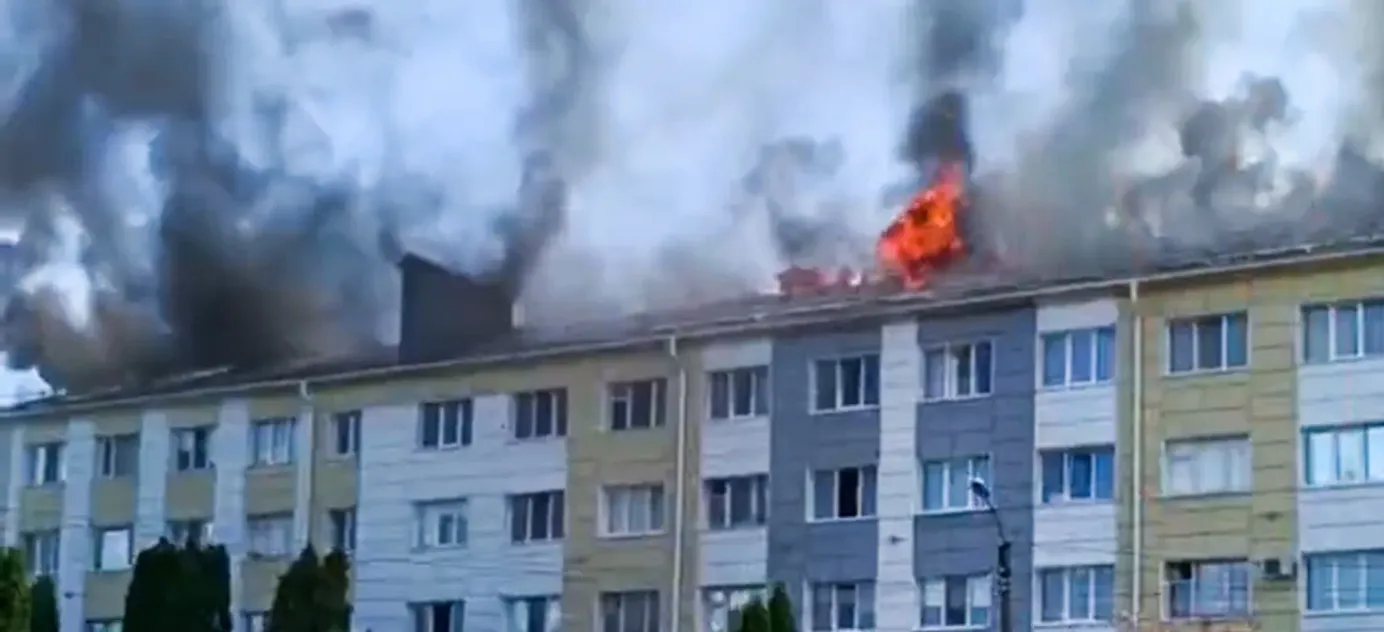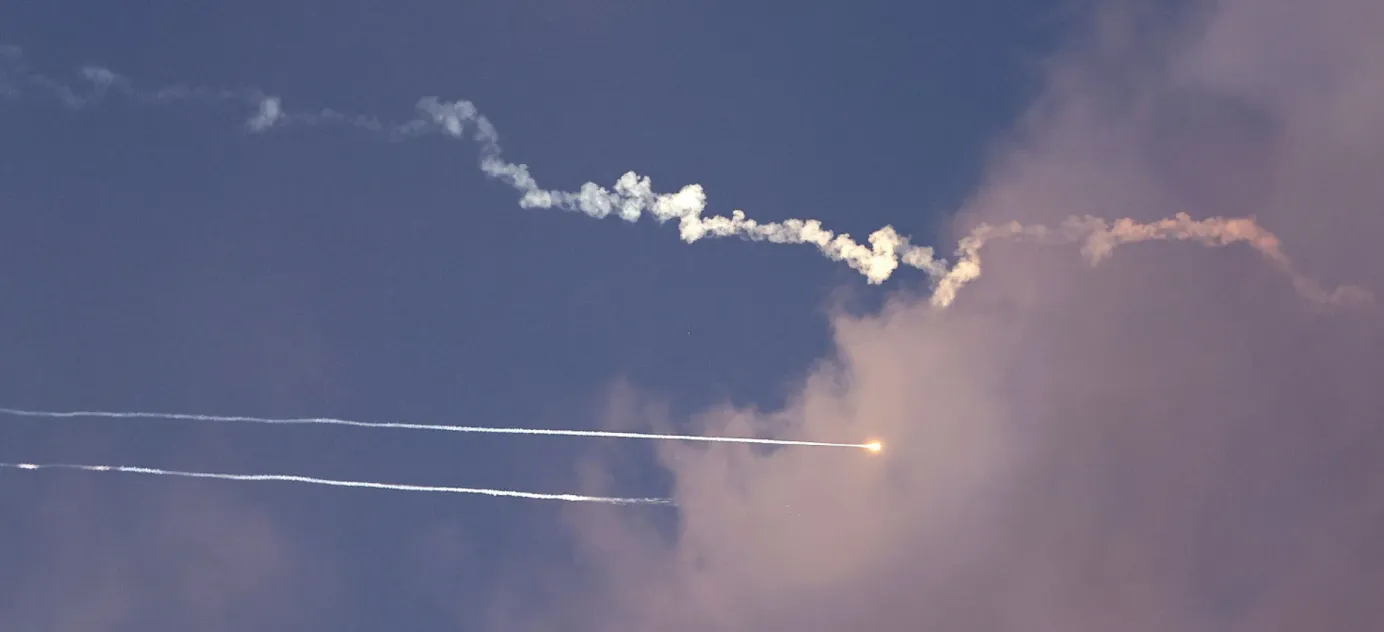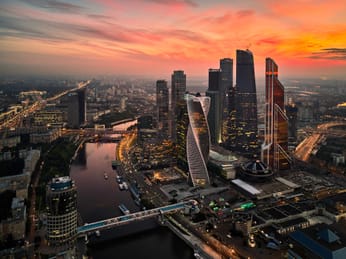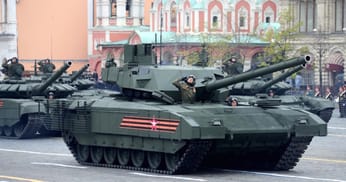
The Kremlin keeps mum about recent attacks against the Belgorod region
The little-known town of Shebekino — home to some 40,000 people and located near Russia’s southwestern border with Ukraine — made headlines last week following an armed incursion by anti-Kremlin Russian paramilitary groups. But the war had already come to this town some time ago. After Ukrainian forces fully regained control over the Kharkiv region last year, they gained the ability to launch strikes against the Belgorod region. However, nothing like last week’s events had previously been seen in any part of Russia.
- The Ukrainian Armed Forces fired 850 artillery shells at Shebekino, Belgorod Governor Vyacheslav Gladkov claimed last week. No one in the town was killed, although there were several casualties in nearby settlements. Shebekino was left without power, stores were closed and public transportation stopped running. Several thousand people were evacuated and students at universities in nearby Belgorod had to leave their dorm rooms in order to accommodate evacuees. Some people were provided temporary housing at a sports stadium in Belgorod.
- Sociologist Elena Koneva, who has been interviewing residents of the border regions, argues that claims of widespread panic across the Belgorod region are exaggerated. Most residents, she says, have accepted recent events as facts of war, unless they themselves are directly affected. “Adaptation to the war has a very strong effect,” Koneva wrote.
- Among Russian officials, Gladkov has been the most vocal about the situation in Shebekino. He even agreed to meet with the anti-Kremlin paramilitary fighters in order to secure the release of two Russian soldiers captured during a raid (though he never attended the proposed meeting). According toGladkov, the only way to stop shelling against his region is to “annex [the Ukrainian] Kharkiv region,” which borders Belgorod.
- Russia’s federal authorities are ignoring the situation in Belgorod altogether. Kremlin spokesperson Dmitry Peskov did not even mention it during his daily press briefing at the height of the attacks against Shebekino on June 2. There was nothing on the Kremlin’s website either; the only update concerned President Vladimir Putin discussing issues of inter-ethnic relations in Russia. Putin has also kept mum about Shebekino. Although, propaganda channels have sought to amplify the words of the town’s mayor, who said he personally spoke to the Russian leader about the situation. “Putin is interested in every last detail on the ground,” leading propagandist Dmitry Kiselyov said in his Sunday evening news round-up.
- But the authorities are not just ignoring Shebekino. In recent weeks, there have been repeated incursions by “reconnaissance and sabotage groups” comprising the anti-Kremlin Freedom of Russia Legion and the Russian Volunteer Corps, both of which are fighting on the side of Ukraine in the war. Each incursion led to skirmishes with Russian troops, with both sidessustaining casualties. The anti-Kremlin fighters claim to have captured at least 10 Russian soldiers. Putin has not commented on the attacks, while Peskov mentioned just once that the president was aware of the situation.
- Officials have also declined to comment on the recent abduction of a Russian army lieutenant colonel by Wagner Group fighters after regular military personnel fired on them. In a video published on social media, the lieutenant colonel, who showed signs of having been beaten, said he and his subordinates fired on the mercenaries out of “personal dislike” for the Wagner Group.
Pourquoi le monde doit-il s'en préoccuper ?
While the war came to Russia long ago, last week it entered its hottest phase on Russian territory yet — a town of 40,000 people was fired on and almost everyone was evacuated. At the same time, armed groups are freely crossing into the Belgorod region and capturing Russian servicemen.
The federal authorities prefer to not get involved and instead pass the burden of responding onto local officials. This is not unusual. Russian history shows that the president risks damaging his popularity if he comes bearing bad news. For example, at the height of the Covid pandemic in 2020, Putin gave local governors full authority for crisis management. According to Kremlin officials, Putin was unwilling to take responsibility for unpopular lockdown measures.









